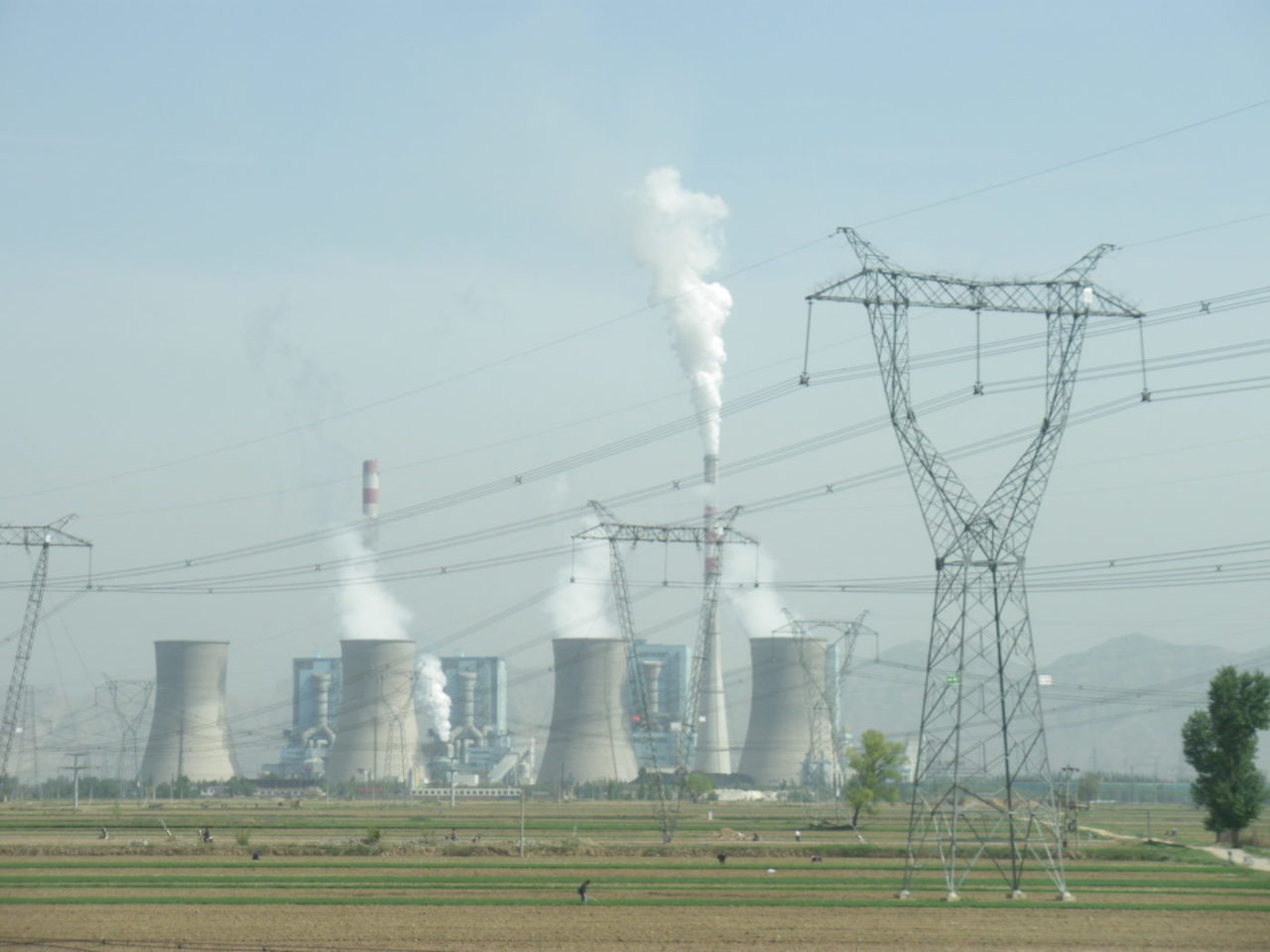-
MIT study suggests China will turn to coal with CCS after a transition to renewables
Date posted:
-
-
-
Post Author
Patrick LaveryCombustion Industry News Editor
-

-
A new study by MIT’s Joint Program on the Science and Policy of Global Change has examined how China could help the world meet the target of keeping the global average temperature rise from climate change to 2oC or less. By analysing both the country’s coming national carbon market, as well as the expected long-term power generation mix, projections could be made about the need for carbon capture and storage technology. One of key measures China has chosen to use to assess its carbon reduction is the CO2 emissions intensity of its power sector – i.e. emissions per kilowatt-hour of power produced – and the study revolves around the mix of carbon prices, generation technologies, and carbon capture that will be needed to bring the intensity down to levels that would be in accordance with the 2oC target. The generation mix includes natural gas, nuclear, wind, solar, coal with CCS, and natural gas with CCS, and interestingly, the study suggests a two-stage transition of China’s power industry. First, there will be an increase in the proportion of renewables in the electricity mix (presumably also with some coal with CCS), and after 2065, when coal with CCS becomes cheaper than renewables, a transition back to coal with CCS. The reasoning behind this somewhat unintuitive finding is that to push to an economy to be wholly dependent on renewable energy becomes very highly expensive – the marginal cost of renewables increases as the proportion of renewables increases, because of need to cover for the intermittency of wind and solar technologies. While renewables are being rolled out, CCS technology gradually becomes cheaper, to the point where coal with CCS becomes the cheaper option to meet low carbon intensity targets. As MIT’s coverage of the study reports, “carbon prices of $35-40 per ton of CO2 make CCS technologies coupled with coal-based generation cost-competitive against other modes of generation, and […] carbon prices higher than $100 per ton of CO2 allow for a significant expansion of CCS.” The researchers hope the findings will help Chinese decision makers design emissions mitigation pathways.
See also this IFRF blogpost which also reports on this study but which also lists China’s key activities in developing CCS.
